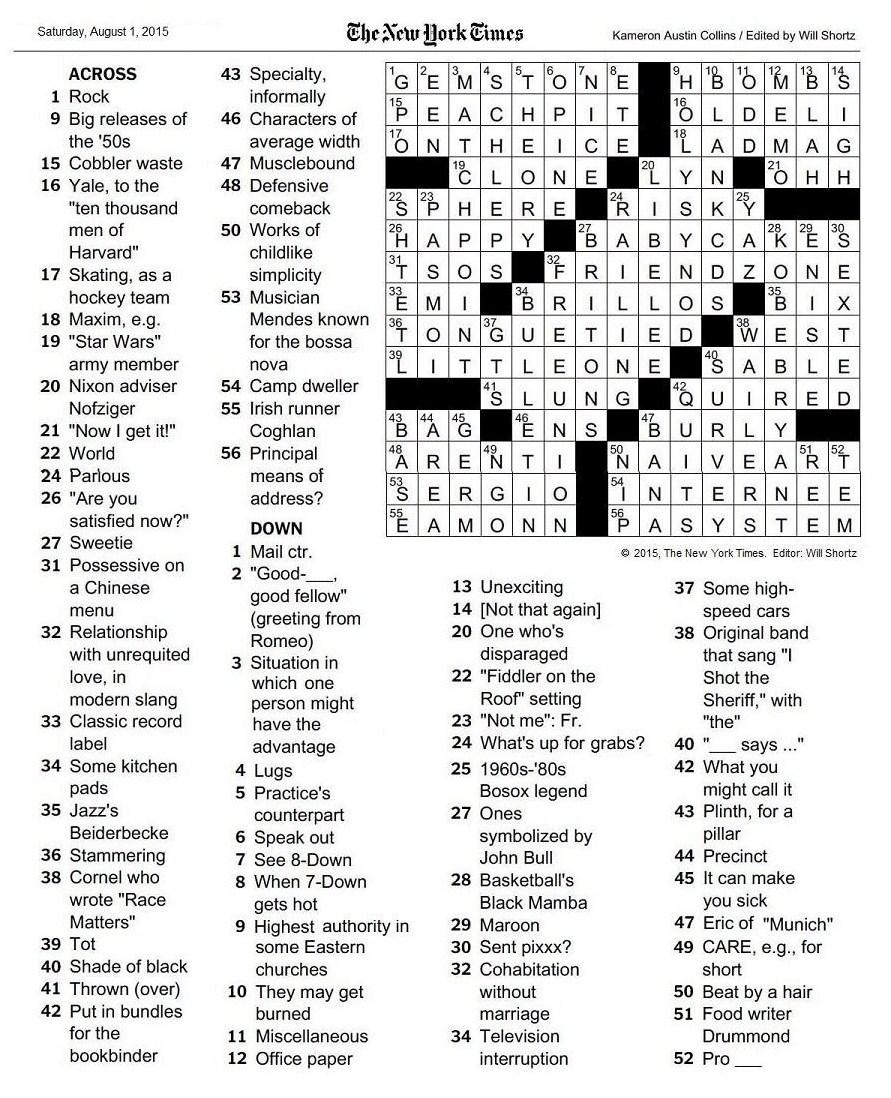Time 50 Worst Inventions Auto Tune
DDT was supposed to be the magic bullet vs. the scourge of insect-borne diseases like malaria. Discovered in 1873, DDT (short for the less catchy dichloro-diphenyl-trichloroethane) wasn't used widely until 1939, when Swiss chemist Paul Hermann Muller noted its effectiveness as a pesticide during World War II, a discovery that earned him a Nobel Prize in 1948. After the war, use exploded: from 1942 to 1972, some 1.35 billion lb. of DDT were used in the U.S.
May 26, 2015 The jury is still out on whether Auto-Tune was a boon for the music industry, or a disaster: in 2010, Time magazine included it in the list of The 50 Worst Inventions, calling it 'a technology that can make bad singers sound good and really bad singers sound like robots.'

But absent from the DDT mania was consideration of the environmental effects of dumping millions of pounds of potent pesticides each year. Rachel Carson's seminal 1962 environmental tract Silent Spring was the first to call attention to the nasty little fact that DDT produced fertility and neurological problems in humans and accumulated up the food chain in wildlife, poisoning birds. Use of the compound plummeted, and in 1972, DDT was banned in the U.S. entirely.
NextAuto-Tune
50 Worst Places To Live

Time 50 Worst Inventions Auto Tune 2017
May 27, 2010 The 50 Worst Inventions. It's a technology that can make bad singers sound good and really bad singers (like T-Pain, pictured here) sound like robots. And it gives singers who sound like Kanye West or Cher the misplaced confidence that they too can croon. Thanks a lot, computers. Apr 25, 2017 TIME Magazine and Pulitzer-Prize Winning automotive critic Dan Neil run down the 50 worst cars ever produced. The 50 Worst Cars of All Time. I was in the audience at the Detroit auto.




